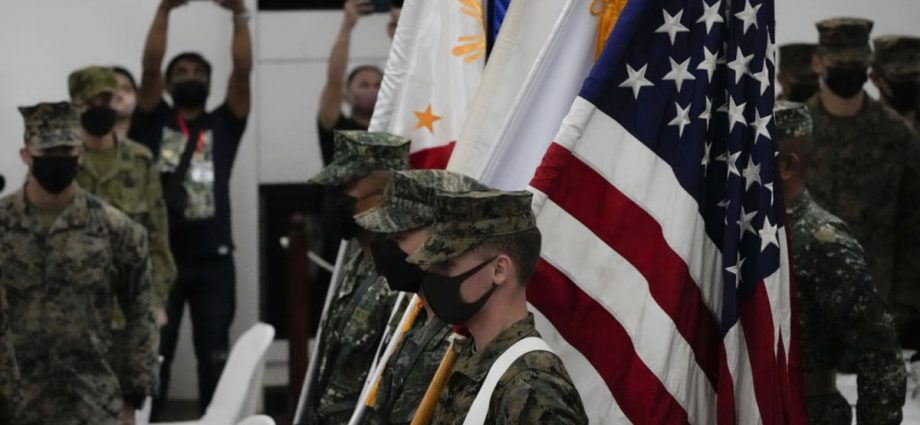
Scarcely could countries anywhere around the world remain permanently neutral unless they are armed to the teeth and untouchable even to the big powers. Otherwise many countries, especially middle powers in Southeast Asia, would have to engage in the precarious game of balancing one partner against another.
In addition, the US military presence in Southeast Asia should not be viewed from an exclusively US-versus-China perspective only. It also concerns intra-ASEAN dynamics, where the US military has a stabilising effect among a number of ASEAN countries which might otherwise see higher levels of enmity.
And this regional stabilising role is one which most ASEAN countries do not view China as being ready to assume, perhaps at least not until substantial progress has been made in addressing the South China Sea territorial disputes between China and ASEAN claimants.
In summary, there is perhaps room for more pragmatic dialogues between China and ASEAN, such that less misunderstanding of each other’s intentions and fewer miscalculations of their own respective actions could be achieved.
ASEAN countries may not like to be pawns as major powers slug it out among themselves in the region and beyond. But perhaps more tellingly, ASEAN countries do not want to have their backs pushed against the wall, at the brink of war.
Oh Ei Sun is a senior fellow with the Singapore Institute of International Affairs.

